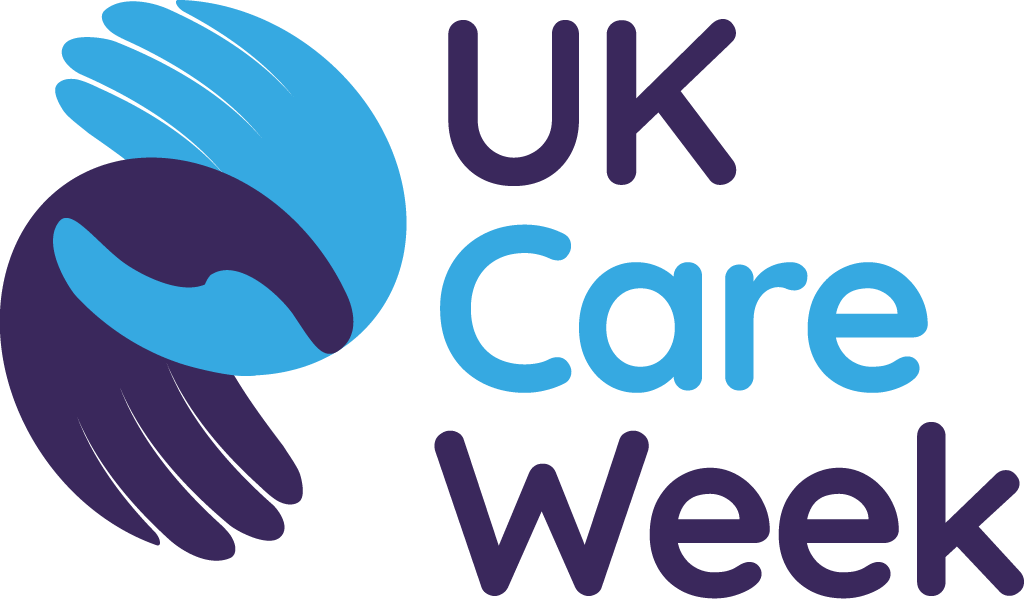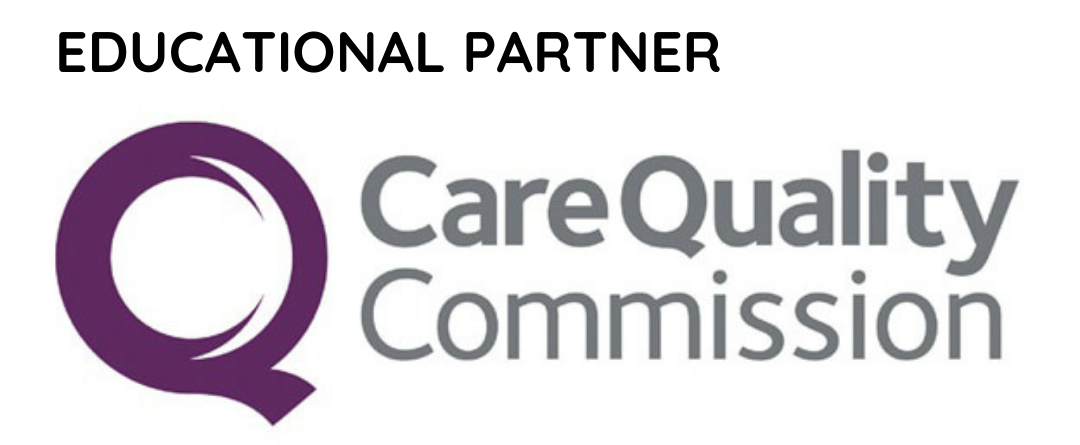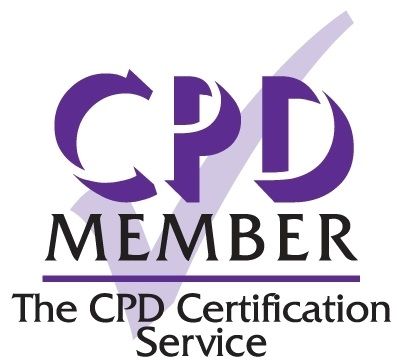Alzheimer’s Awareness Month – The importance of reducing stigma and supporting families
At Care Week UK in 2024, Alzheimer’s Society discussed the need for specific training in dementia, not only for people with the condition, but for the health and social care workforce as well. Dementia is a condition that is still misunderstood and that many fear developing. It is often, incorrectly, seen as a normal part of ageing.
There are currently around one million people living with dementia in the UK. In England it is estimated that 70% of people living in care homes have dementia and by 2040 an additional 106,000 people will need residential and nursing care. There is also expected to be a 43% increase on the current number of people with dementia who draw on domiciliary care by 2040. (The economic burden of care 2024 - https://www.alzheimers.org.uk/about-us/policy-and-influencing/dementia-scale-impact-numbers)
While there currently isn’t a cure for dementia, there are still many ways that you can provide support and high-quality care for people with the condition. We have included some ways you can support new members of the care workforce, who may be supporting people with dementia for the first time, to improve the quality of life for your residents/clients with dementia. This information is also aimed at the wider community who may be supporting people in receiving a dementia diagnosis.
-
Find out about your residents/clients. This is helpful for anyone, but particularly when people may no longer be able to communicate. Understanding a person’s routines, life history, cultural and spiritual preferences can help you understand why people behave in certain ways. You can use Alzheimer’s Society “This is me” leaflet to capture this information, or you might already have something similar in place.
-
Encourage people to get a diagnosis. It’s crucial that people get a dementia diagnosis where possible, regardless of where they are living. An official diagnosis can mean access to drug treatments that can slow down the progression of the disease. Not sure what to look out for? Use our Sympton Checklist to make a note of anything you want to share with a GP or health professional.
-
It’s not only about memory loss. Dementia can affect many things such as coordination, visuo-spatial skills, speech, behaviour, and cognitive and interpersonal skills. While memory loss is the symptom most commonly associated with dementia, it isn’t the only one.
-
It doesn’t affect people in isolation. People with dementia may have other conditions they are living with such as diabetes, heart disease, cancer etc. Having dementia in addition to these may impact their treatment. Such as remembering to take the correct medications or not understanding the need for procedures and becoming frightened and agitated as a result.
-
Undertake appropriate training. If care staff are interacting with residents/clients with dementia, it is important that they have specialist training. It supports their understanding of residents, but also means they feel valued by their employer. If you’re interested in finding out more about training, Alzheimer’s Society has a range of training courses to suit your needs.
This autumn, Alzheimer’s Society will be publishing a new report, which draws on existing evidence to set out clear, achievable principles for how high-quality dementia training can be delivered. We are calling on governments in England, Wales and Northern Ireland to introduce a statutory duty for all registered care providers to ensure their care staff undertake dementia training, with content mapped to the relevant national framework in each nation.
September is also World Alzheimer’s month and as such Alzheimer’s Society will be highlighting the stories of people living with dementia and make them impossible to ignore. Dementia is not the priority it needs to be, yet it is the biggest health and social care issue of our time. We need to talk more about dementia, challenge our preconceptions and hold decision makers to account.
Want to get involved? Follow us on our social media channels to find out more about Alzheimer’s Society and our plans for World Alzheimer’s Month. alzheimers.org.uk
facebook.com/alzheimerssocietyuk
twitter.com/alzheimerssoc
 Sophie Tucker is Alzheimer’s Society Training and Partnerships Manager, she leads a national team who are responsible for a number of things, including external training delivery. She has worked for the Society for 10 years in a variety of roles, starting as a Dementia Support Worker in 2014. Sophie has a background of working in health and social care since completing her bachelor’s degree in Psychology in 2007.
Sophie Tucker is Alzheimer’s Society Training and Partnerships Manager, she leads a national team who are responsible for a number of things, including external training delivery. She has worked for the Society for 10 years in a variety of roles, starting as a Dementia Support Worker in 2014. Sophie has a background of working in health and social care since completing her bachelor’s degree in Psychology in 2007.



